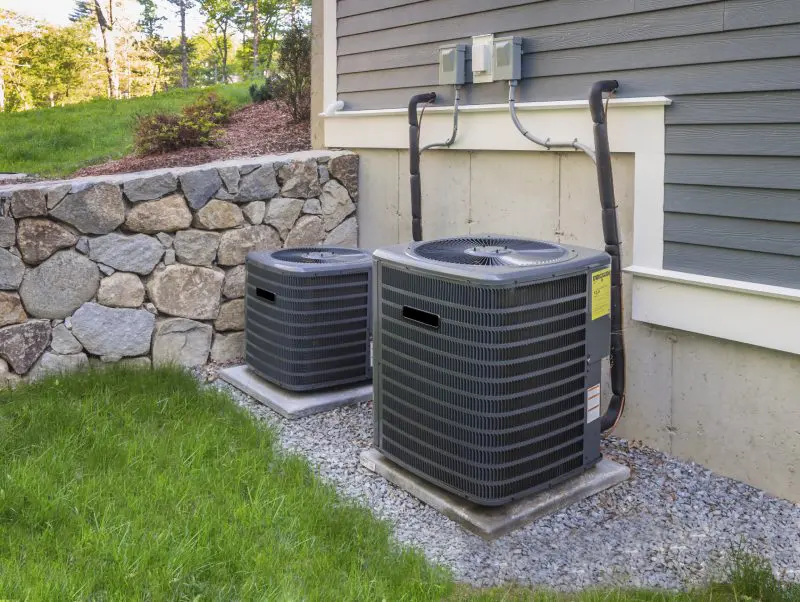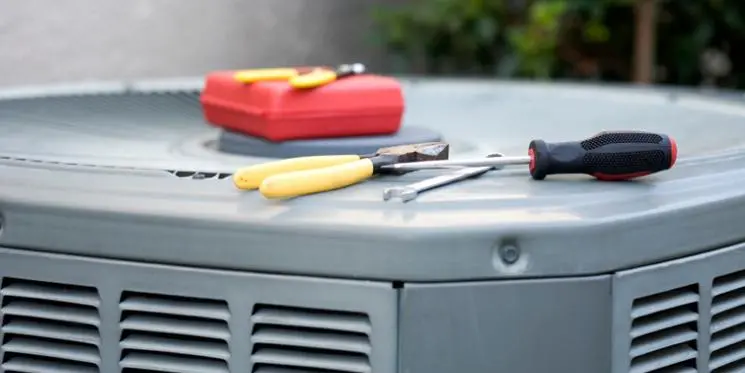
Florida residents are all too accustomed to high energy bills, particularly during those scorching summer months. Fortunately, there are steps homeowners can take to improve the natural shade around their properties, reducing utility costs associated with their Tampa air conditioning in the long run. At Del-Air, we offer a number of landscaping tips for keeping energy prices low without sacrificing comfort during the summer months.
It’s no secret that outdoor climate affects how we feel in our homes. Along with ambient temperature, the relative heat or coolness of the home depends on the amount of sunlight able to enter through windows and gaps around doors. While there’s nothing Floridians can do to change the weather, homeowners can take steps to stay cool in their houses without suffering exorbitant energy bills.
One of the most effective ways of reducing home utility bills is to plant trees around the property. Focus on the west-facing side of the house first and try to choose trees that will grow at least ten feet taller than the height of the window in question. Along with cutting sun exposure, trees add beauty and value to your home’s exterior and ultimately raise curb appeal with future buyers. As an added bonus, many trees lose their leaves in the winter, allowing the sun to warm your home on cold days.
Can’t afford to surround your home with tall trees? Floridians can also reduce sun exposure by planting shrubs, bushes, and vines around exterior walls. These plants create a dead space that insulates your home in both warm and cold weather while cutting down on wind exposure. For best results, allow a foot of space to remain between plants and walls.
Call Del-Air for More Tips on Cutting Your Energy Bills
Changing your landscaping to maximize natural shade is just one of the many ways to reduce overall energy bills for the summer season. For more money-saving tips on Tampa air conditioning for the Florida homeowner, please take a moment to browse the Del-Air blog. We look forward to working with you to cut costs while preserving the Earth for future generations.






